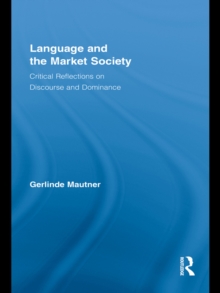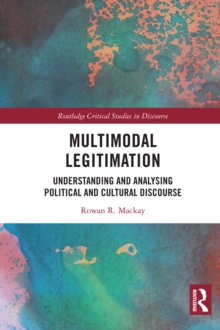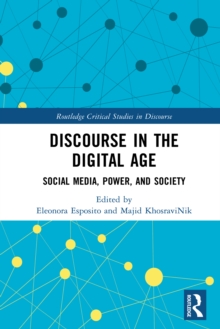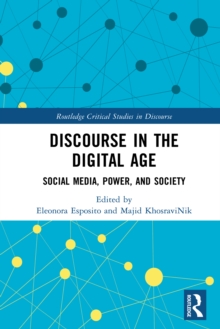
Discourses of Global Queer Mobility and the Mediatization of Equality PDF
by Joseph Comer
Part of the Routledge Critical Studies in Discourse series
Description
This book critically unpacks the why and how around everyday rhetorics and slogans promoting global LGBTQ equality.
Examining the means by which particular discourses of progress and hope are circulated globally, it offers unique insights into how LGBTQ livelihoods, relationships, and social movements are legitimated and valued in contemporary society. Adopting an innovative critical discourse-ethnographic approach, Comer draws on scholarship from the sociolinguistics of global mobility, queer linguistics, and digital media studies, offering in-depth analyses of representations of LGBTQ identity across a range of domains.
The volume examines semiotic linkages between: LGBTQ tourism marketing; Cape Town, South Africa, as a locus for contemporary ideologies of global mobility and equality; diversity management practices framing LGBTQ equality as a business imperative; and, humanitarian discourses within transnational LGBTQ advocacy.
Autoethnographic vignettes and principles from within queer theory are incorporated by Comer’s critical discourse-ethnographic approach, giving voice to personal experience in order to sharpen scholarly understanding of the relationships between everyday ‘social voices’, globalized neoliberal political economy, and the media. Taken together, the volume expansively (if queerly) maps what Comer refers to as ‘the mediatization of equality’, and will be of interest to graduate students and scholars in critical discourse studies, sociolinguistics, and linguistic anthropology, as well as those working across such fields as media studies, queer studies, and sociology.
Information
-
Download - Immediately Available
- Format:PDF
- Pages:266 pages, 34 Halftones, black and white; 34 Illustrations, black and white
- Publisher:Taylor & Francis Ltd
- Publication Date:20/09/2021
- Category:
- ISBN:9781000437140
Other Formats
- Paperback / softback from £36.59
- EPUB from £27.75
- Hardback from £135.00
Information
-
Download - Immediately Available
- Format:PDF
- Pages:266 pages, 34 Halftones, black and white; 34 Illustrations, black and white
- Publisher:Taylor & Francis Ltd
- Publication Date:20/09/2021
- Category:
- ISBN:9781000437140










